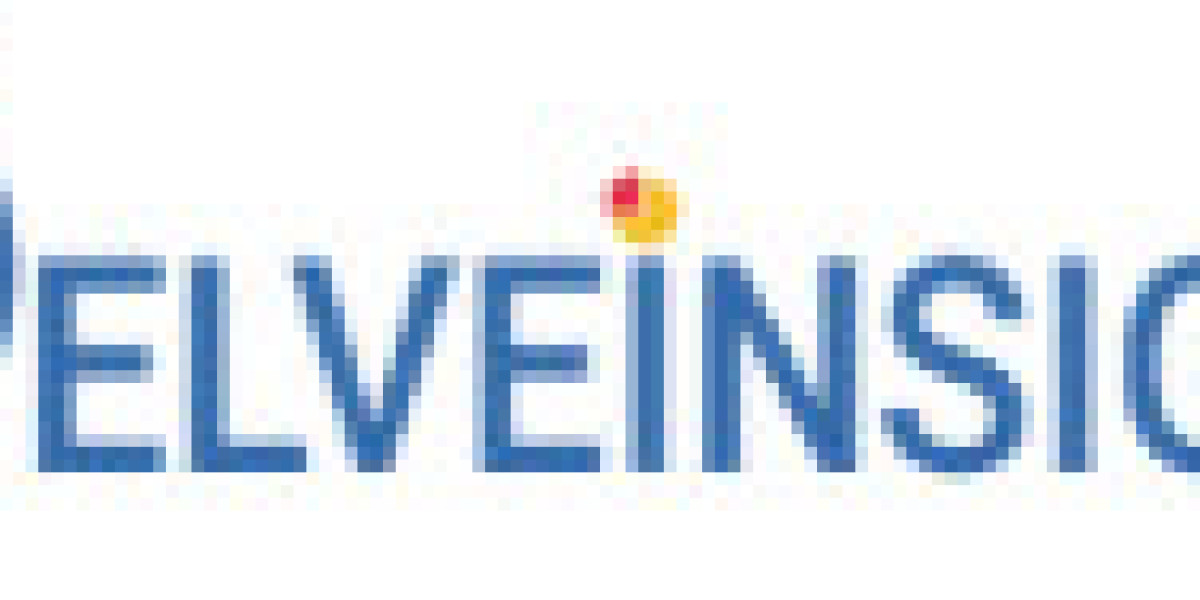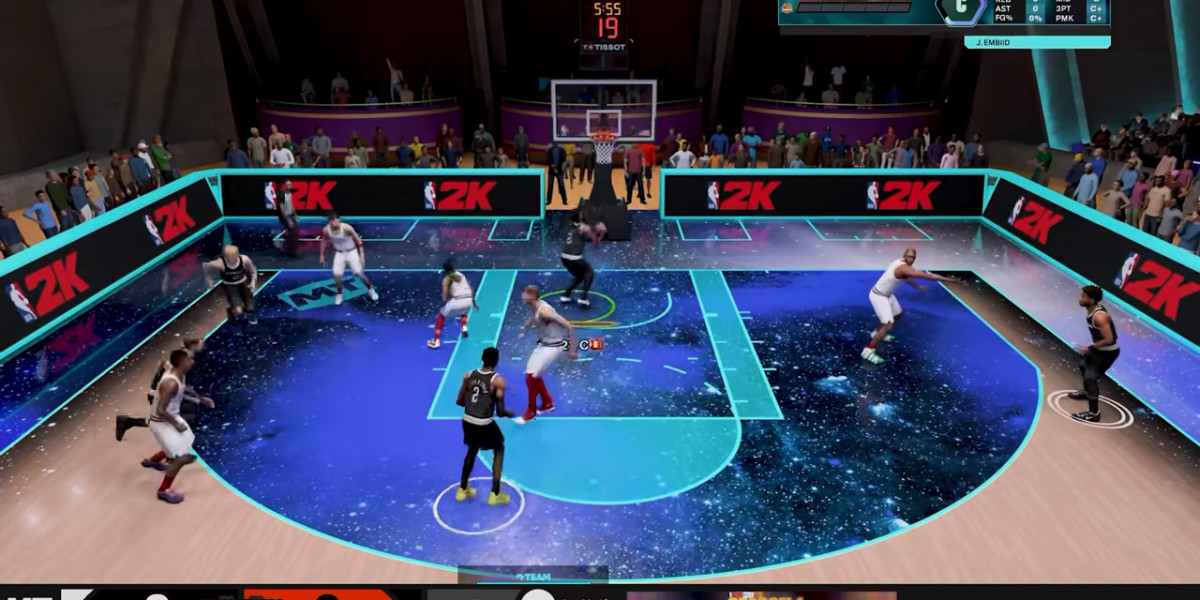The realm of immunotherapy continues to evolve rapidly, with trispecific antibodies emerging as the next big leap after monoclonal and bispecific antibodies. These advanced therapeutics are engineered to simultaneously bind to three distinct targets, enabling a more powerful and targeted immune response—especially in treating cancers.
Among the companies leading this frontier is Sanofi, which is actively progressing multiple trispecific antibody candidates, including NK cell engagers and anti-CD3 monoclonal antibodies. Their research is focused on leveraging immune system components to drive precise and potent antitumor activity, placing Sanofi at the cutting edge of trispecific therapeutic development.
Johnson & Johnson (J&J) is another key player in this rapidly growing space. Their candidate JNJ-5322, for example, is being developed to address hematologic malignancies such as multiple myeloma. By targeting multiple tumor-associated markers and immune effectors simultaneously, J&J aims to create more durable and effective cancer therapies.
GT Biopharma is gaining attention through its proprietary trispecific T cell engager technology. This platform is designed to redirect T cells against tumor cells with greater specificity and reduced toxicity. Their technology offers a modular approach, providing flexibility to target various cancer types and immune mechanisms.
Amgen, already a pioneer in the bispecific antibody market, is now scaling up its trispecific antibody efforts. Their focus lies in optimizing trispecific production, developing scalable formats that retain activity while enhancing manufacturability. Amgen's expertise in antibody engineering makes it a formidable force in this emerging field.
Other significant contributors include Regeneron and Roche, both of which are integrating advanced quantitative systems pharmacology (qSP) to predict the behavior of trispecific candidates. This approach allows them to fine-tune efficacy, safety, and dosing to accelerate clinical success.
Biotech innovators like Genmab and Xencor are also making major strides. As two of the most promising antibody biotech companies, they are investing heavily in developing novel tri-functional antibody formats. These engineered molecules are tailored to trigger robust immune responses with fewer side effects.
The Expanding Promise of Trispecific Antibodies
The future of trispecific antibodies looks incredibly promising as more clinical data validates their therapeutic potential. These molecules are particularly appealing because of their ability to target cancer cells, immune checkpoints, and effector cells simultaneously—delivering a comprehensive immune assault on tumors.
Advancements in computational biology and AI-driven drug design are accelerating trispecific discovery and optimization. These tools help streamline candidate selection, predict toxicity, and improve binding efficiency—shortening development cycles and increasing clinical success rates.
Equally vital to this innovation surge is the role of antibody manufacturers and antibody vendors. These partners are essential for translating complex trispecific molecules from bench to clinic. Their capabilities in GMP manufacturing, scalability, and compliance are enabling faster production of clinical-grade candidates.
In summary, as the clinical pipeline matures, trispecific antibodies are poised to become a cornerstone in next-generation oncology treatment. With top companies leading the charge and a robust ecosystem supporting development, the future of cancer immunotherapy is being reshaped by trispecific innovation.
Latest Reports Offered by Delveinsight:
Microsatellite Stable Colorectal Cancer Market | Microvascular Angina Market | Migraine Market | Moderate And Severe Chronic Kidney Disease Market | Multiple System Atrophy Market | Muscle Invasive Bladder Cancer Market | Myelodysplastic Syndrome With Excess Blasts2 Market | Myelofibrosis Market | Myopia Progression Market Share | Myopia Treatment Devices Market | Natural Killer T Cell Lymphoma Market | Nephrotic Syndrome Pipeline | Neurofibromatosis 2 Market | Neurofibromatosis Type 2 Market | Neuroleptic Malignant Syndrome Market | Neuromyelitis Optica Market | Non-tuberculous Mycobacterial Market | Onycholysis Market | Opioid Withdrawal Syndrome Market | Orthopedic Trauma Devices Market | Orthostatic Hypotension Market | Osteogenesis Imperfcta Market | Osteogenesis Imperfecta Market | Pancreatic Endocrine Tumor Market
Latest Reports:
https://www.delveinsight.com/sample-request/resistant-hypertension-pipeline-insight
https://www.delveinsight.com/sample-request/xerostomia-pipeline-insight
https://www.delveinsight.com/sample-request/mm-120-emerging-drug-insight-and-market-forecast
https://www.delveinsight.com/sample-request/lip-and-oral-cavity-cancer-pipeline-insight
https://www.delveinsight.com/sample-request/infantile-neuroaxonal-dystrophy-pipeline-insight
https://www.delveinsight.com/sample-request/bacterial-conjunctivitis-market
https://www.delveinsight.com/sample-request/retinal-edema-epidemiology-forecast
https://www.delveinsight.com/sample-request/frontotemporal-dementia-ftd-epidemiology-forecast
https://www.delveinsight.com/sample-request/thymidine-kinase-2-deficiency-tk2d-market
https://www.delveinsight.com/sample-request/tiglutik-emerging-drug-insight-and-market-forecast
About DelveInsight
DelveInsight is a trusted provider of life sciences and pharmaceutical market research and consulting, offering actionable insights that empower organizations to make informed decisions. With a commitment to delivering strategic intelligence, DelveInsight serves as a key partner to global pharmaceutical, biotechnology, and healthcare companies looking to excel in an evolving market landscape.
Contact Us
Kanishk
Email: [email protected]








